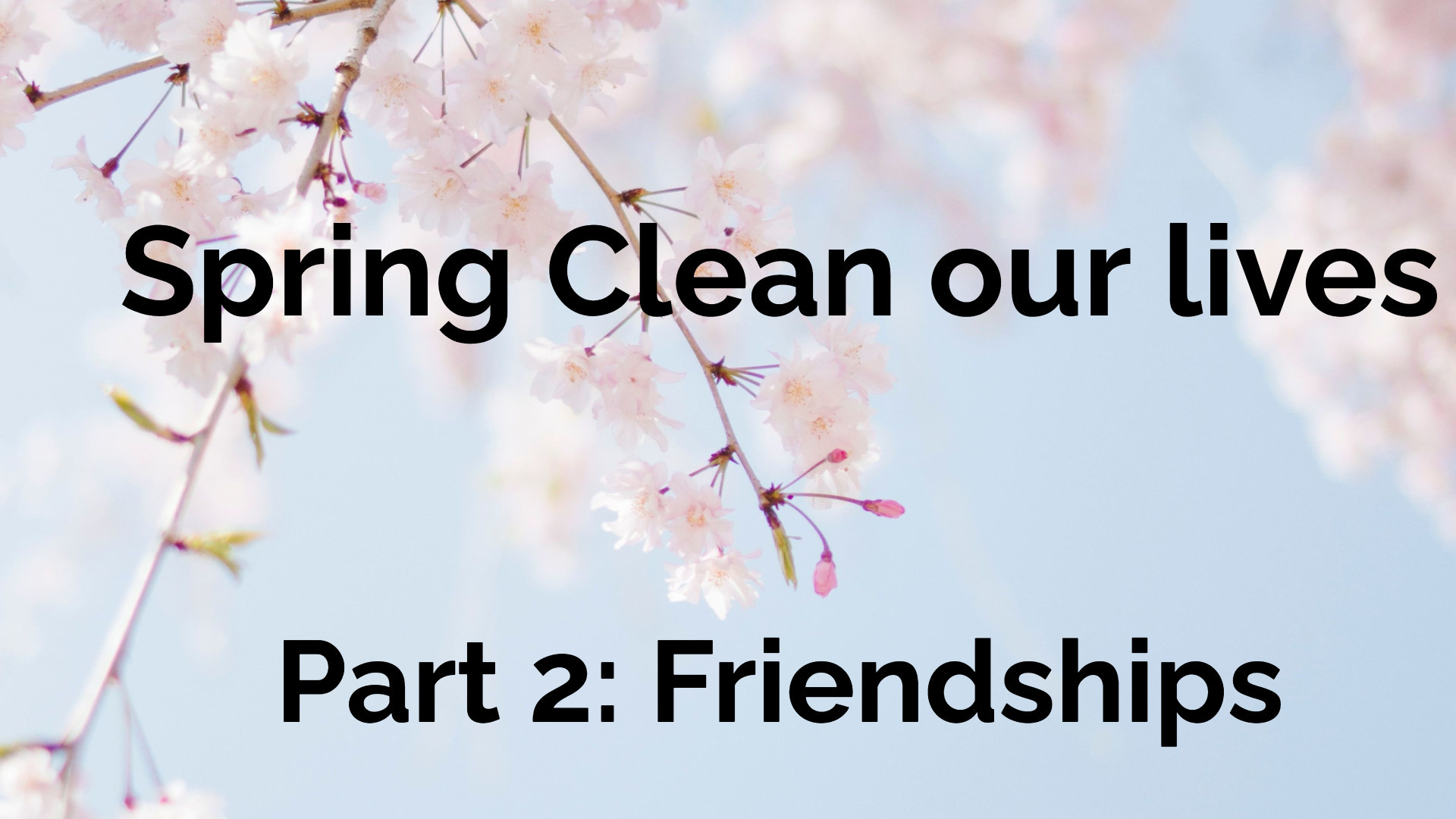My latest newsletter went out today, one of the articles was on Inside Out.
Inside Out – The Voices in our head
Have you seen this film yet? Whilst a child’s film there is a great message for all of us.
We all have voices in our heads, and sometimes these voices are loud and strong. They tell us we can’t do something or that we should be scared or the voice that helps us to go for something.
The main focus is on the voices in 11 year old Riley’s head. If you haven’t seen the clips you can read a summary here.
Inside Riley’s head are a team of five who take control of these key emotions – Anger, Fear, Disgust, Sadness, Joy, we see these characters in the master control room where each try to take control. Each will take control at different times, and whilst e.g. Fear can be dominant it still hears what the other emotions are saying, and so will be affected by them.
Joy may seem like the best emotion – and the character is a bright, Tinkerbell happy character, but the film covers the importance of sadness. When we try and repress unhappiness it takes an impact, the film shows that we do need to experience sadness and Anger, Fear and Disgust are also useful. The movie also shows how things can be remembered with joy, sadness, anger, fear or disgust, depending on where we are in the narrative of our lives and what part of a memory we fixate on. I highly recommend a trip to the cinema if you haven’t seen it.
Here is a fascinating article I can share:
Inside Out: what universities can learn from Pixar about emotions
Emma Jones, The Open University
The latest Disney Pixar film Inside Out takes the viewer inside the mind of an 11-year-old girl, Riley. Her brain’s “headquarters” are run by five emotions: joy, sadness, fear, anger and disgust. The film follows joy and sadness as they accidentally leave this control centre and search for their route back. In doing so, they navigate the collapse of “personality islands”, take short cuts through “imagination” and “abstract thought” and try to avoid the dreaded “memory dump” where once-treasured childhood memories are discarded.
One of the most striking aspects of this film is the way that emotions are placed in control. This is a radical shift away from society’s traditional concept of emotions and the way in which young people are taught to suppress them in favour of reason. Universities have a part to play in this, and lecturers could learn a lesson from the film.
In Inside Out, it is emotions which are guiding Riley’s every waking moment and even influencing her dreams. They decide her reactions and create new actions, such as running away at a point where events seem overwhelming. But for centuries, stemming from the work of philosophers such as Plato and Descartes, emotions have been viewed largely as a series of reckless impulses that were unthinking and potentially destructive.
In contrast, the cognitive function of the brain was viewed as imposing reason and rationality. It controlled emotions by suppressing or disregarding them, overwhelming dangerous urges with a calm and controlling logic. If Inside Out’s producer, Pete Docter, had subscribed to this theory, the five emotions would have been relegated to a small broom cupboard in the far corner of “headquarters” and the console guiding Riley would have been firmly in the control of a large, overbearing figure known as cognition or reason.
In fact, Inside Out follows more recent philosophical and scientific thinking in ascribing a value and importance to emotions. Although there are differing theories on this, the general approach typified by neuroscientist Antonio Damasio is to view emotions as inextricably entwined with cognition and reason. Some researchers, such as psychologist Richard Lazarus viewed emotions as an actual part of cognition and reason. According to these theories, emotions are no longer seen as close to the bottom of the mind’s hierarchy, instead, they are being acknowledged as an essential part of its workings.
No room for emotions in academia
However, the world of higher education has not yet caught up with contemporary thinking on emotions. There is still a tendency for individual disciplines and departments to focus on developing their own academic character and traditions with emotions viewed as belonging solely in the pastoral domain.
This is short-sighted, as there is considerable research to indicate that emotions affect students’ learning in a variety of ways. Each time a student enters a lecture or seminar room they are bringing with them a set of emotions. These may stem from the university experience itself, for example, excitement at the idea of starting a new topic. Or they may come from the pressures of everyday life, for example, sadness at the end of a relationship.
Likewise, the lecturer or tutor is bringing their own emotional baggage into the room – perhaps a fear at what students will say in their end-of-module student evaluations. Understanding how these underlying emotions impact on academic work and teaching can enable them to be acknowledged and managed in a way which enables learning to take place effectively.
Managing emotion as a ‘soft skill’
Students need to learn how to control their anger.
©2015 Disney Pixar. All Rights Reserved.
In today’s society, the employability of graduates is high on the agenda and universities are expected to equip their students with professional and transferable skills that will smooth their transition into paid employment.
Being in touch with, and able to manage, emotions adds an additional so-called “soft skill” to the student’s repertoire. In contrast, being taught that emotion has no part in intellectual studies can lead to students suppressing emotions in a way which can be harmful to their personal development.
This is an issue that has been highlighted particularly in US legal education where “thinking like a lawyer” has traditionally involved suppressing any emotion. This has led to high instances of depression in law students.
In recent years, interest in the role of emotions in higher education has increased. However, there is little evidence that this has led to a consistent and well-researched acknowledgment of its importance across the board. Perhaps a mass screening of Inside Out at all universities would help hasten this process. As Disney has shown, emotions cannot and should not be ignored.
Emma Jones is Lecturer in Law at The Open University
This article was originally published on The Conversation. Read the original article.




